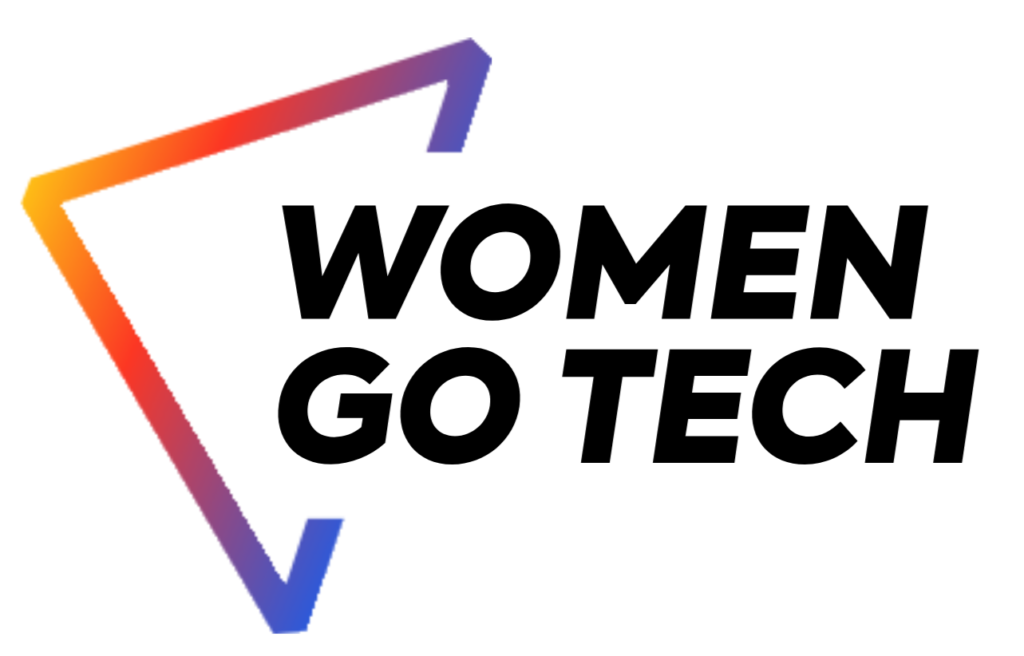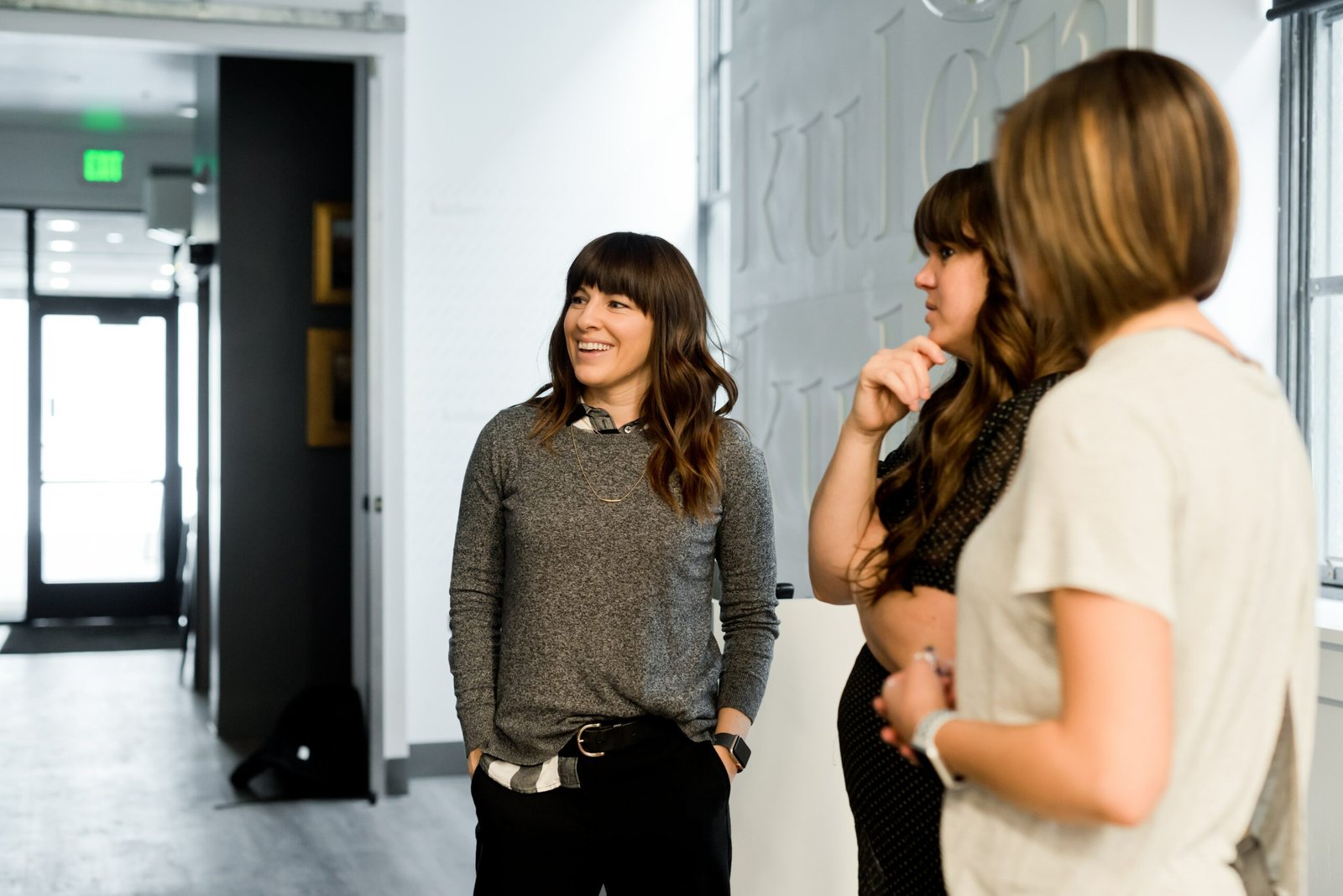Meet Laura Vaščegė, a Product Manager and mentor with Women Go Tech, who made a bold pivot into the tech industry after a career in leadership. Transitioning into IT without a traditional tech background was one of her biggest challenges, requiring her to step out of her comfort zone, constantly learn, and embrace the feeling of starting from scratch.
Through patience, persistence, and mentorship, Laura not only found her footing but discovered a passion for blending strategic thinking with hands-on product delivery.
In this conversation, Laura shares her journey of growth and resilience, offering insights on navigating career transitions, empowering women in tech, and trusting the process of steady, incremental progress.

Can you briefly introduce yourself and share your background in the tech industry? What sparked your interest in pursuing this career path?
I’ve spent most of my career in leadership roles, but I wanted to add a new dimension to my skillset. IT had always interested me, and product ownership felt like the right challenge. It’s been a great way to combine my team leadership experience with the process of delivering successful products. This blend of strategic oversight and hands-on delivery has been both exciting and rewarding.
You’ve managed teams in various capacities, from Team Lead roles to your current position as Product Manager. How has your leadership style evolved across these different roles and industries?
My leadership style has definitely evolved. Early on, it was more about just getting the job done, but now, I focus more on building a collaborative and engaged team. Whether it’s in a volunteer setting or managing product teams, I’ve learned that fostering open communication, creating clear goals, and empowering people are key to success. It’s about making sure the team feels supported and trusted to do their best work.
Have you encountered any significant challenges or obstacles in your own career? How did you overcome them?
One of my biggest challenges was transitioning into IT. I didn’t have a traditional tech background, and that first year was tough—stepping out of my comfort zone, constantly learning, and feeling like I was behind. But I stayed patient, kept pushing myself, and sought out mentorship, which made all the difference. It’s worth mentioning I still have a lots of room to grow, but now, I trust the process and have learned to be okay with steady, incremental progress.
This year you became a mentor with Women Go Tech. What inspired you to take on this role, and what do you find most rewarding about mentoring other women aspiring to join tech industry?
Mentorship has always been a crucial part of my career, helping me navigate challenges and grow professionally. I know firsthand how overwhelming it can be to break into tech. When I had the opportunity to become a mentor with Women Go Tech, I was excited to join such an outstanding community dedicated to empowering women in tech. It’s incredibly rewarding to support others on their journeys, watch their confidence grow, and know that I’m playing a part in shaping their paths in this dynamic industry.
Based on your experience, what are the most common obstacles women face when transitioning into tech roles, and how do you guide them through these challenges?
Women often face multiple layers of challenges in tech, starting with societal stigmas about what roles are “suitable” for them. Working in a male-dominated field can amplify feelings of isolation or imposter syndrome. There’s also the challenge of lacking the same level of encouragement or support from family or peers, which men often receive. I guide mentees through this by fostering confidence, encouraging them to build strong networks, and helping them find communities that can offer both emotional support and career guidance. Overcoming these obstacles starts with small victories—believing in your skills, asking for opportunities, and not being afraid to advocate for yourself in male-dominated environments. Building resilience and trusting that your voice matters in shaping the future of tech is key.
Given your own career pivot into IT, what advice would you offer to professionals considering a similar transition?
For anyone considering a pivot into IT, my advice is to be patient and not rush the process. Use online resources, get hands-on experience, and find a mentor to guide you. But don’t blindly follow industry trends. Take the time to research what truly interests you and aligns with your expectations for work content and culture. Stay curious and keep learning, and remember that the right fit is more important than chasing the latest buzzword job.
How do you approach personal development and continuous learning in your career, and how do you keep up with changes in the field?
I’m always looking for ways to grow, whether it’s through attending webinars, taking courses, or learning from my peers. I try to stay current with trends and make time for reflection to see where I can improve. For me, continuous learning is not just about hard skills but also about evolving as a leader and communicator.
Can you share a recent book, podcast, or resource that has positively impacted your professional growth?
Recently, I’ve been really inspired by “The Lean Product Playbook” by Dan Olsen. It’s a great resource for product managers or anyone looking to create customer-centric products. It reinforced a lot of principles I already believe in, especially the importance of iterating quickly based on feedback.

























